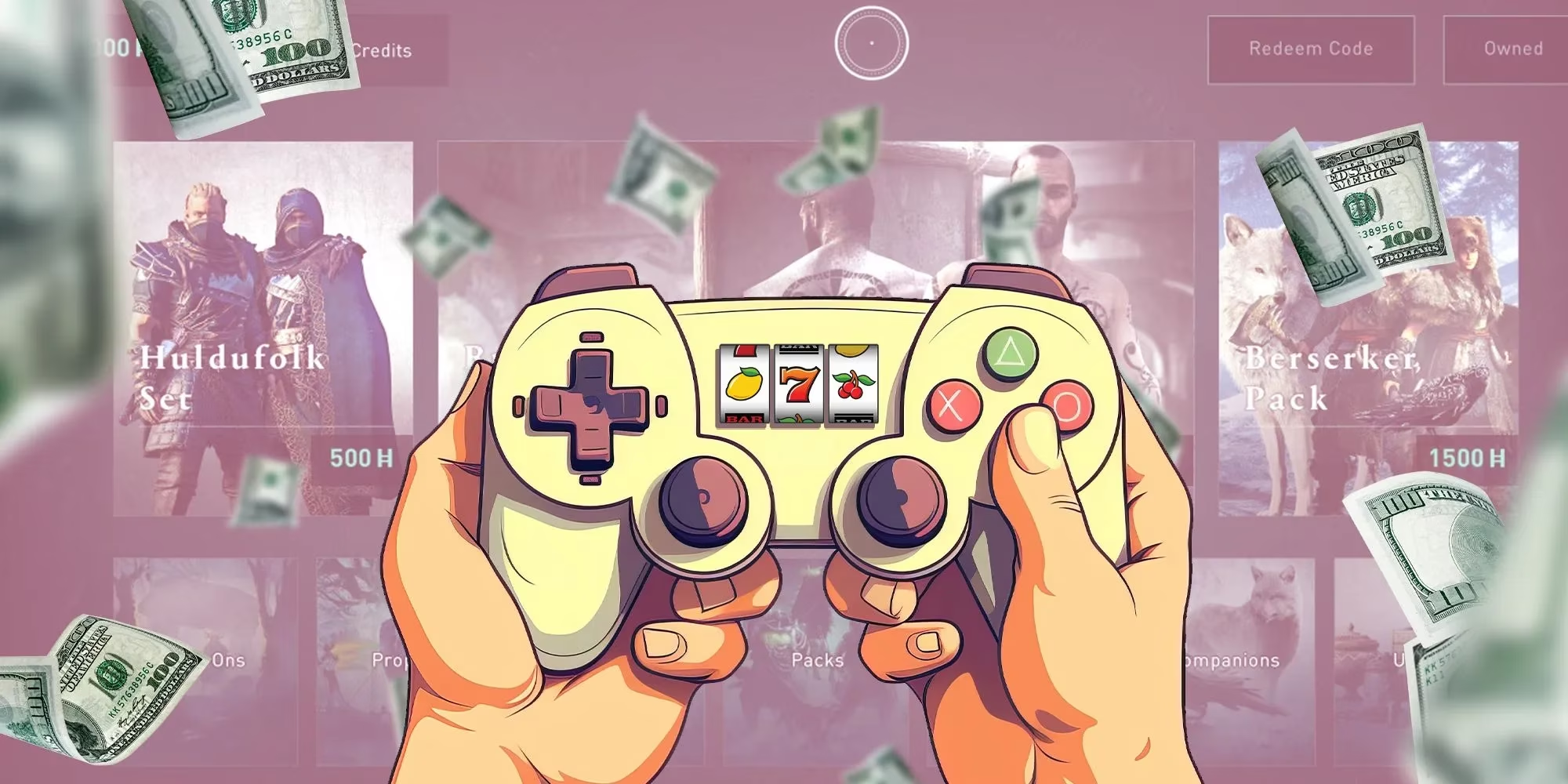Explore the ethical dilemmas of microtransactions targeting children, digital currency pitfalls, and industry efforts to regulate loot box gambling in gaming.
One gamer vividly recalls draining their parents' bank account on Habbo Hotel credits at age eight, bamboozled by SMS payment systems that felt like play money. Nearly a decade later, history repeated when their younger brother blew $1,000 on League of Legends skins using pilfered cards - a family tradition of financial carnage born from undeveloped frontal lobes meeting predatory game design. These weren't isolated incidents but symptoms of an industry-wide ethical dumpster fire, where flashy microtransactions deliberately target children who can't comprehend real-world monetary consequences.

Fast forward to 2025, the UK Interactive Entertainment's (UKIE) guidelines attempt to curb this madness with voluntary measures:
-
🔒 Restricting loot box purchases for under-18s
-
💸 Implementing lenient refund policies
-
🎲 Mandating odds disclosure before purchases
These stem from chilling research showing a direct correlation between childhood loot box spending and adult gambling addictions. Yet the guidelines remain as legally binding as a pinky promise, relying on developers' goodwill in an industry that made $50 billion last year from microtransactions alone.
The Ethical Quicksand
What makes this situation particularly gnarly isn't just accessibility, but how games deliberately weaponize childish impulsivity. Titles marketed to kids feature:
-
Countdown timers on "exclusive" cosmetic items
-
Pop-up stores after level completion (FOMO on steroids!)
-
Currency systems obscuring real-dollar values
-
Peer pressure mechanics like locker room comparisons
.jpg)
As one industry whistleblower anonymously confessed: "We A/B test purchase flows on minors like lab rats. The sweet spot is 2.3 taps from gameplay to checkout." This psychological warfare exploits what neurologists call the "reward prediction error" - dopamine surges when anticipated rewards exceed expectations, a vulnerability heightened in developing brains.
People Also Ask
- Do loot boxes constitute gambling?
Legislators remain divided, though Belgium and the Netherlands classified them as gambling back in 2018. The core debate hinges on whether digital items hold "real-world value."
- Why don't parents just monitor purchases?
Modern kids out-tech adults - 67% of accidental purchases occur through stored payment methods kids access during parental downtime.
- Have any companies implemented ethical systems?
Nintendo's Switch requires password re-entry for every transaction, while PlayStation's 2024 "Family Wallet" caps weekly spending.
- What's the most refunded item ever?
A single $8,500 Fortnite shopping spree by a 9-year-old using grandma's retirement fund debit card.
The solution isn't about killing microtransactions but installing guardrails. Some forward-thinking developers now use:
| Safety Feature | Implementation | Effectiveness |
|---|---|---|
| Purchase Cooldowns | 24hr lockout after $50 spent | ⭐⭐⭐⭐ |
| Visual Warnings | Red cash register animations | ⭐⭐ |
| Parental Dashboards | Real-time spending notifications | ⭐⭐⭐⭐⭐ |
| Currency Conversion | Showing USD equivalents in-game | ⭐⭐⭐ |
Yet for every ethical studio, ten others deploy dark patterns like "confirmshaming" ("No thanks, I hate cool outfits!") or fake limited-time offers. The UKIE guidelines are a good first step, but let's be real - expecting corporations to police profit centers is like asking foxes to design chicken coops.
As VR gaming explodes with immersive stores where digital items feel tangible, and neural interfaces loom on the horizon, we must confront the uncomfortable truth: When a child mistakes a credit card for play money, whose fault is it really? The kid who tapped "confirm," the parents who saved payment details, or the billion-dollar studios engineering these psychological traps? Perhaps the real loot box is society's willingness to gamble with childhood development for quarterly earnings reports.
Details are provided by PC Gamer, which frequently investigates the impact of microtransactions and loot boxes on younger audiences. Their reporting has highlighted how evolving game monetization strategies, especially in popular titles, have led to increased scrutiny from regulators and parents alike, emphasizing the urgent need for transparent policies and robust parental controls in the gaming industry.
Comments